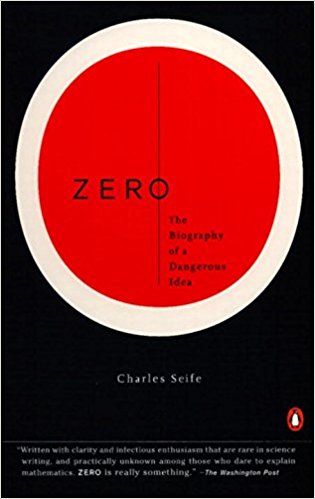One of the greatest books of the year, and perhaps a new end-of-the-year traditional read. . . man it's good.
Thesis: The most influential and inspiring people are often marked by humility (pg 19).
One of the failings of contemporary Western culture is to confuse conviction with arrogance” and that the solution to ideological discord is not “tolerance” “but an ability to profoundly disagree with others and deeply honor them at the same time” (pg 22-23)
Humilitas is “the noble choice to redirect your power in service of another . . . to forgo your status, deploy your resources or use your influence for the good of others before yourself (pg 24) . . . it is impossible to be humble in the real sense without a healthy sense of our own worth and abilities . . . {it} is more about how I treat others than how I think about myself (pg 25).
The power of a military commander, {teachers} CEO or university president are all conferred. They are granted to the leader by the organization. They are therefore extrinsic privileges and should be views as such. In other words, unlike “ability” and “persuasion” and “example”, authority does not belong to the leader” (pg 39). It is gained by winning people over.
All of us tend to believe the views of people we already trust . . . even a brilliantly argued case from someone we dislike or whose motives we think dubious will fail to carry the same force as the case put forward by someone we regard as transparently good and trustworthy (pg 41, 42).
Leadership is not about popularity. It is about gaining people’s trust and moving them forward (pg 43).
And excerpt from the Hibbert Journal, 1918, Persons in power should be very careful how they deal with a man who cares nothing for sensual pleasure, nothing for riches, nothing for comfort or praise, or promotion, but is simply determined to do what he believes to be right. He is a dangerous and uncomfortable enemy, because his body which you can always conquer give you so little purchase upon his soul (pg 44).
We can all stand in awe of the amazing fact that we find ourselves living in a universe that only operates according to elegant “laws,” but has somehow, through those laws, produced a world of sentient being who can now comprehend those laws (pg 64).
If I have seen further, it is because I am standing on the shoulders of Giants” (pg 79).
Life is like “a boy playing on the seashore, searching for interesting shells and pebbles, while the great ocean of truth lay all undiscovered before me” (pg 79).
People who imagine that they know most of what is important to know are hermetically sealed from learning new things and receiving constructive criticism” (pg 116) . . . self-reliance, which {C.K. Chesterton} believed was sapping the energy out of religion, the arts and life itself. Chesterton argued that human pride is in fact the engine of mediocrity. It fools us into believing that we have “arrived”, that we are complete, that there is little else to learn. (pg 120).
Opening yourself up to the vulnerability of being wrong, receiving correction, and asking others how they think you could do better . . . is where we develop (pg 123).
Achievement is such a fragile basis for self-esteem . . . the more you rely on achievement for a sense of worth, the more crushing every small failure will seem . . . knowing that we are loved and valued by those we love and value is the predictor of a healthy sense of self-worth. . . . relationships are where security is really found (pg 127).
Mistakes of execution are rarely as damaging to an organization, whether corporate, ecclesiastical or academic, as a refusal to concede mistakes, apologize to those affected and redress the issue with generosity and haste (pg 130).
An excerpt from The Seven Habits of Highly Effective People – Humility truly is the mother of all virtues. It makes us a vessel, a vehicle, an agent instead of “the source” or the principal. It unleashes all other learning, all growth and process. With the humility that comes from being principle-centered, we’re empowered to learn from the past, have hope for the future, and act with confidence in the present (pg 131).
We are not just intellectual beings; we are also emotional and social beings, and these factors must be understood in the art of {teaching} . . . pathos is a speaker’s ability to move his audience with humor or tragedy or simple rhetoric craft . . . {and} we tend to believe people we like and trust (pg 138,139).
It’s a special kind of person who has so much to give and yet prefers to find out about others” (pg 144).
When people trust us, they tend to believe what we say, and few are considered more trustworthy than those who choose to use their power for the good of others above themselves” (pg 147).
The inspiring {teacher} must control his ego and throw his energy into “maximizing other people’s potential” and “ensuring that they get the credit” (pg 156).
From C.K. Chesterton, “An open mind is like an open mouth: its purpose is to bite on something nourishing. Otherwise, it becomes like a sewer, accepting everything, rejecting nothing” (pg 170).
RESOURCES:
- I Told Me So, by Gregg Elshof
- A History of Nearly Everything, by Bill Bryson
- Great Speeches in History by William Safire















